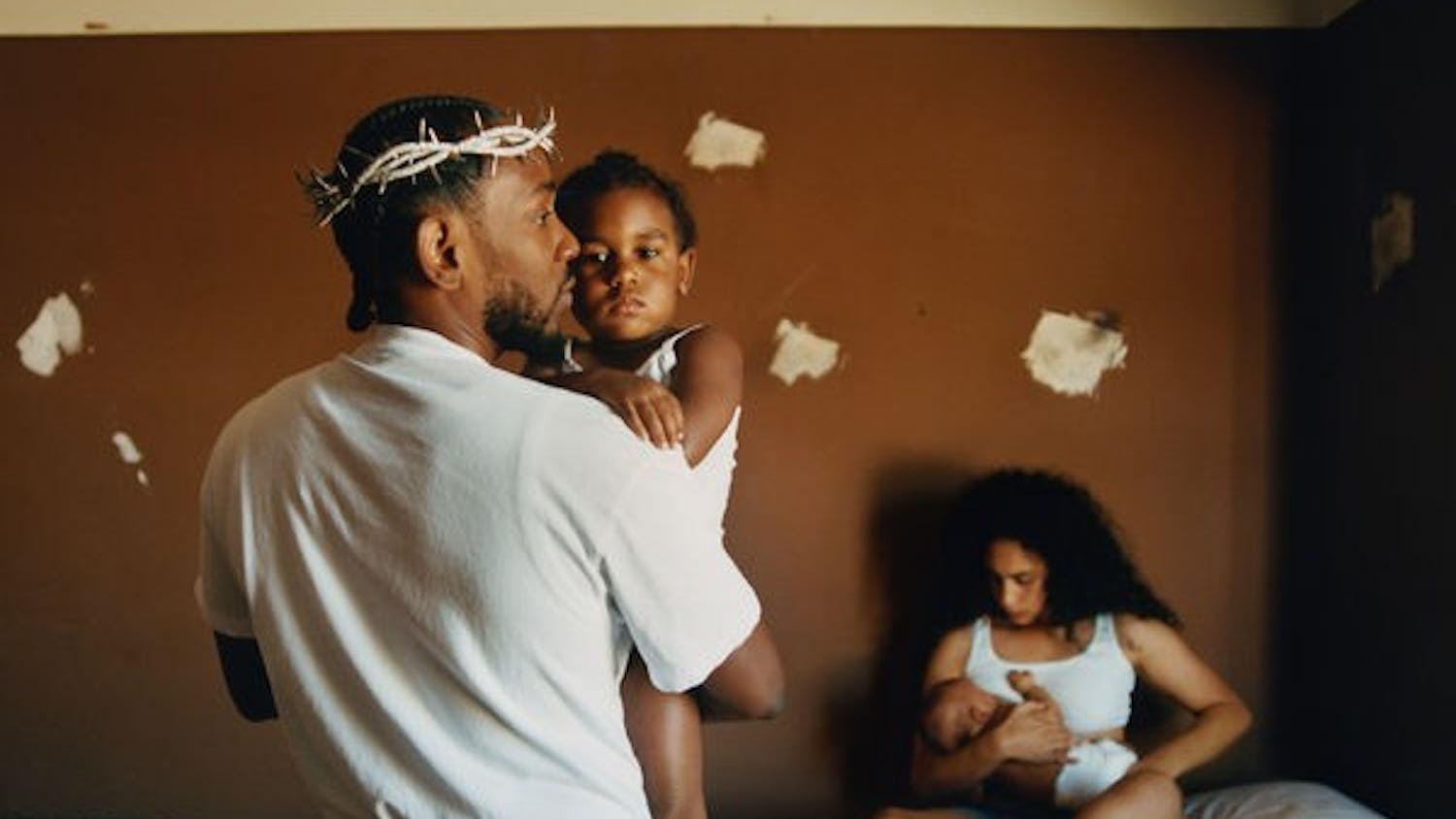In 2009 I went to my first concert. Travis Barker had survived a horrific plane crash and his band, Blink-182, was playing at the First Midwest Bank Amphitheater in Tinley Park, Ill. As I walked through the parking lot after the show—eardrums still ringing (as they would for about a week)—a group of teenage boys came sprinting up to me.
“Take this,” they said. “You’re going love it.”
I did, from the moment I saw it. The band, The Unemployed Misfortune, was dripping with punk rebellion. The album’s cover depicted a white-collar worker strangling another man with the phone cord hanging from his desk—already a winner. I got home, listened to it and I am still waiting to hear them on the radio.
Unfortunately, this will most likely never happen. Rock n’ roll music, an institution that has defined several generations, is slowly becoming less and less relevant. The Unemployed Misfortune certainly got my attention with their in-person pitch. But in today’s information society, the audience that is leaving a Blink-182 concert isn’t going to rocket you to stardom.
Rap and hip-hop, on the other hand, are booming genres in the music industry with new artists coming up virtually every month, if not every day. Is this because people just don’t like rock anymore or simply because it lacks exposure? I’d say it’s the latter. People actually hear about new rap and hip-hop artists, something that happens drastically less often in the rock industry. This is largely because of their effective use of the Internet and social media.
Social media and the Internet play huge roles in the rap game. They enable people to post their work for the entire world to hear and, if the artist is smart, they allow people to listen to their work at no charge. People can now digitally download an artist’s material, put it on their iPods and listen to it on their way to class—all for free. In 2005, DatPiff, a website that allows users to upload and download mix-tapes for free, launched on the Internet. There is no risk in wasting your money, which encourages people to try new music and discover new artists. There is a convenience element to this website as well. It houses hundreds of thousands of mixtapes, a library that is large enough for a user to find just about anything.
Pittsburg rapper Mac Miller independently released his debut album, Blue Slide Park, and it sold 145,000 copies in its first week, reaching number-one on the Billboard 200 chart. Miller was able to reach such success because of the publicity he received during the years prior to the release of Blue Slide Park. He garnered this name recognition from the six free mixtapes he made available to the public beforehand, which have been downloaded well over 1,000,000 times.
There are some online options for rock musicians that share qualities with DatPiff. Soundcloud, which is used heavily by rock musicians, allows people to upload and download music for free. But Soundcloud puts more emphasis on streaming audio and less on downloading music into your own personal library.
Rock n’ roll hopefuls need to do more in taking advantage of the Internet and social media outlets in order to broaden their audience with the same efficiency of rappers and hip-hop artists. The days of discovering acoustic coffee shop singers and back-alley bar-rock outfits are over—using the Internet is necessary. And it must be done in a way similar to DatPiff, because convenience is the key. Nobody wants to traverse the millions of pages on the Internet, through each individual rock artist’s webpage to gather music. Presently, you almost have to know exactly what you are looking for when searching, as opposed to DatPiff, where you can go and freely browse.
Online aspects of music sharing also indicate a shift towards a more electronic approach in music. Listeners are beginning to lean more and more towards technology-driven melodies. Even Travis Barker, a drummer who used to rely solely on fast paced, punk-rock drumming, is turning to Lil Wayne and Steve Aoki to record collaboration singles. The technology age is setting a new precedent for how musicians need to pursue their dreams.
Releasing your work as an unknown artist isn’t likely to turn your bank account into Mick Jagger’s, but releasing it for free can potentially have monumental results. Instead of making money, you can develop a different kind of capital: social capital. Your name will start coming up in conversations. Your songs will be shared in cars and at local parties. This is what can turn a 15-year-old boy from Pittsburgh into a star big enough to headline Freakfest.





